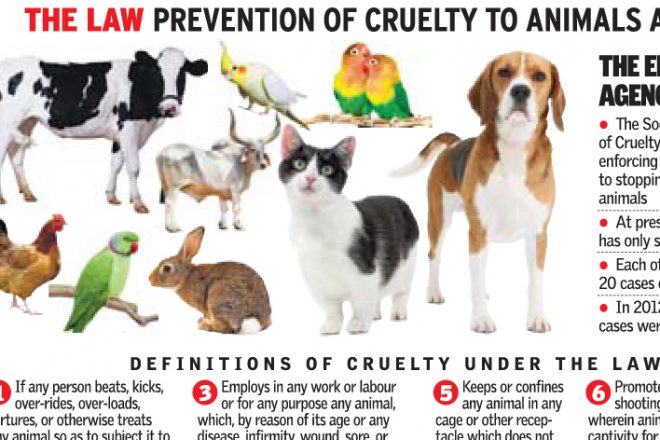As we meander through the intricate dynamics of human-animal relationships, a provocative question emerges: Is getting animals high considered a form of animal cruelty? At first glance, the notion may seem absurd or humorous. Yet, upon closer examination, experts in veterinary medicine, animal behavior, and ethics urge us to approach this question with seriousness and gravitas. To unravel this multifaceted inquiry, we must dissect various components, including the effects of substances on animals, the ethical implications, and the broader societal perceptions surrounding recreational drug use.
To begin, it is essential to comprehend the physiological and psychological ramifications of intoxicants on non-human creatures. Animals, much like humans, possess an endocannabinoid system that regulates various bodily functions, including mood and perception. However, the degree to which an animal’s system can metabolize substances varies significantly from species to species. For example, while a small quantity of a psychoactive substance may be manageable for a human, the same quantity could be detrimental or fatal to an animal, particularly a smaller one such as a cat or dog.
Moreover, it is crucial to consider the specific psychoactive substances involved. Tetrahydrocannabinol (THC), the active component in cannabis, has been shown to induce myriad effects, ranging from euphoria to anxiety. Most troubling is the neurological impairment that can ensue in animals subjected to these substances. Veterinary professionals report that many cases of animal hospitalizations are related to unintentional THC exposure. Symptoms often observed include lethargy, disorientation, and in severe instances, respiratory distress. The question thus arises: If an action can lead to injury, illness, or distress, can it not be classified as a form of cruelty?
Further complicating this issue is the emotional and psychological welfare of the animal. Many possess an innate vulnerability, relying on humans for care and protection. The act of administering substances that can alter their natural state may, therefore, be seen as an infringement upon this trust. This perspective aligns with the ethical considerations surrounding animal welfare. Ethicists argue that any act that compromises an animal’s well-being—whether physical, psychological, or emotional—constitutes an ethical transgression. If we extend the principle of non-maleficence, which posits that one should avoid causing harm to others, the practice of getting animals high presents a challenge to this moral standard.
Moreover, societal norms play an indelible role in shaping perceptions of animal treatment. The rising acceptance of recreational drug use, particularly cannabis, has led some individuals to conflate human experiences with those of animals. This perspective, while perhaps well-intentioned, reflects a lack of understanding of the profound differences in cognition and physiology between species. Therefore, even if the intent is to share a euphoric experience, the consequences for animals can be profoundly negative. Isn’t it a fundamental ethical dilemma to place one’s amusement above the well-being of another sentient being?
Experts in animal behavior have also cautioned against anthropomorphizing animals, or attributing human emotions and motivations to them. While it may be tempting to assume that animals enjoy the same recreational experiences that humans do, the reality is often starkly different. Animals have evolved to behave in ways suitable for their survival, and introducing drugs into their systems can not only alter their behavior but also impede their instincts. True playfulness, for example, involves spontaneity and pleasure derived from natural interactions—what happens when substances warp that natural enjoyment?
In light of the aforementioned complexities, animal advocates frequently argue for stricter regulations regarding the use of substances around animals. Some propose educational campaigns targeting pet owners, emphasizing the importance of recognizing the inherent differences between humans and animals. Others advocate for clearer legal statutes delineating animal welfare standards that explicitly prohibit practices involving the intoxication of pets. Could this represent a path forward for creating a future where shared love does not translate into shared intoxication?
Academic discourse continues to evolve, particularly in the domains of veterinary ethics and animal rights. Many scholars argue that a comprehensive framework must be established that encapsulates both the legal and ethical ramifications of substance use in animal care. By prioritizing initiatives aimed at understanding the intricacies of animal cognition and wellness, we can foster an environment that not only promotes safe practices but also respects the autonomy of non-human beings.
In conclusion, while the question of whether getting animals high constitutes a form of animal cruelty spawns lively debates, it is imperative to navigate this discourse with a foundation of factual knowledge and ethical reasoning. As we strive to coexist harmoniously with our animal counterparts, we must remain vigilant in advocating for their health and well-being. Ultimately, the time has come for society to reflect critically on our relationships with animals, ensuring that our actions safeguard their rights and dignity.








